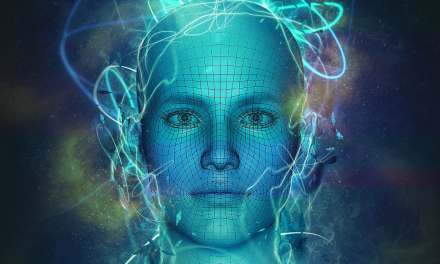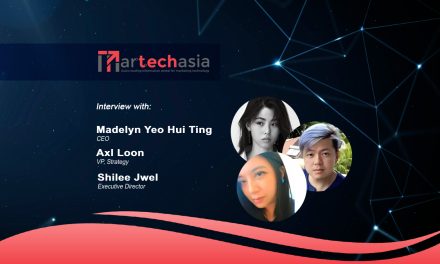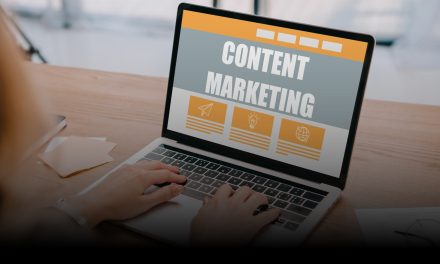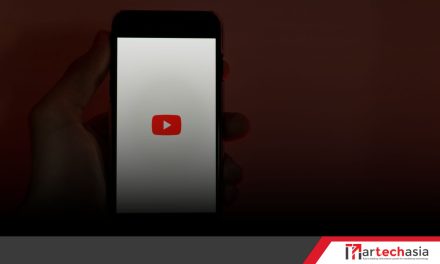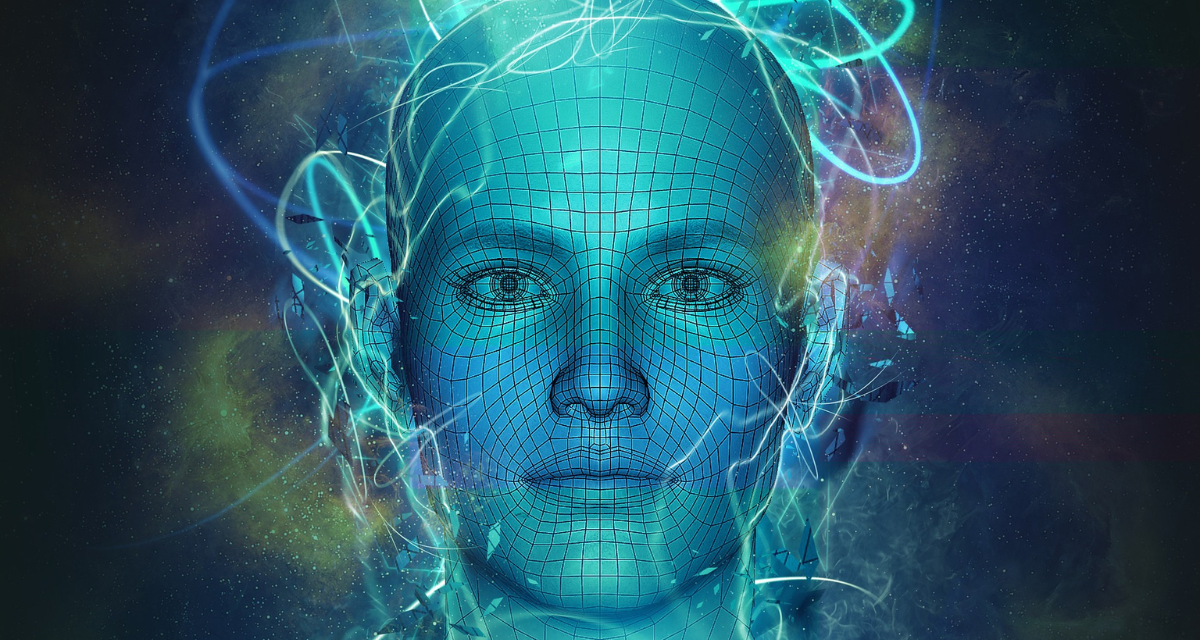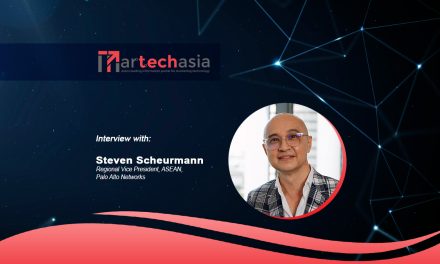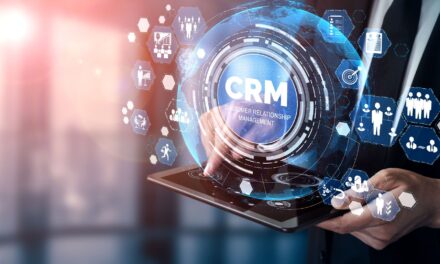experiences that drive business growth and enable individuals to achieve personal and professional fulfillment.”
According to Lores, the future of work goes beyond mere productivity. It includes personal growth and fulfilment. He also highlighted 6 key fulfilment enablers:
- Collaboration
- Technology
- Recognition
- Goal clarity
- Balance
- Focus & flow
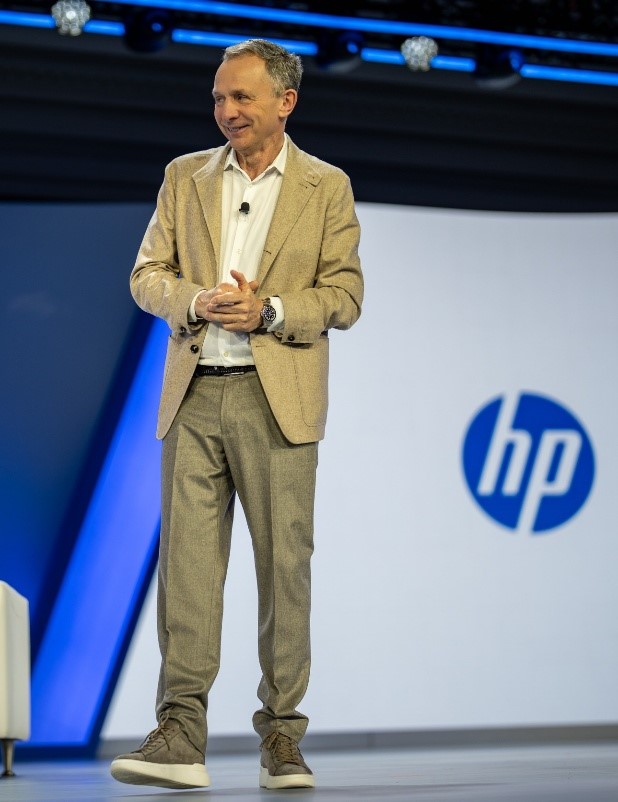
Enrique Lores, CEO of HP Inc.
Where collaboration is concerned, the keyword is ‘seamlessness’, while focus & flow emphasizes when work does not feel like just work.
Where technology is concerned, 73% of knowledge workers agree AI makes their jobs easier. HP’s focus is on commercial-first transformation with AI, on a persona-based approach, that will also later permeate into personal lives in our hybrid world.
At HP Amplify 2025, Lores concurred with Lisa Su, Chair & CEO, AMD, that “every PC will be an AI PC.”
Employee experience of the future
Companies need to get started with providing their employees with AI PCs, as part of corporate device refresh, or else these employees will get left behind in productivity, learning and real-life experience with AI.
Just like digital natives cannot imagine life and work without wi-fi or smartphones, this generation of our workforce will soon find it unimaginable not having AI on their devices.
However, workers and consumers all need to learn, where AI is concerned. The way to activate users of AI is to educate them on how AI is real for them and demonstrate the power of AI in their daily lives.
Alexander Thatcher, Senior Director, AI PC Experience, HP, said: “In pilots, we found that general webinars and training don’t seem to work well, until we assign champions within each organization. We’re over the technology hurdle; now it’s the people hurdle we have to cross.”
With AI skills, employees will find that they can automate a lot of the drudgery that bogs them down. AI is going to be hybrid; putting more AI processing power in the PC – which is at the edge of the network – makes sense because local processing of LLMs means data can stay private within a user’s own device.
These are all important data points and trends CIOs should take note of, in their evolving leadership role where IT plays an increasingly important part in employee experience.
CIOs of the future
According to HP’s study, 71% of IT professionals believe they can have a significant impact on employee experience, while 37% of business leaders involve IT in employee experience workstreams.
51% if IT leaders say their jobs are becoming more complex, as they also want their staff to be happier, more engaged, and more productive.
It is heartening, therefore, to find that 42% of workers actually believe IT teams care about their experience. And CIOs are in a position to make AI play a key role in improving employee experience.
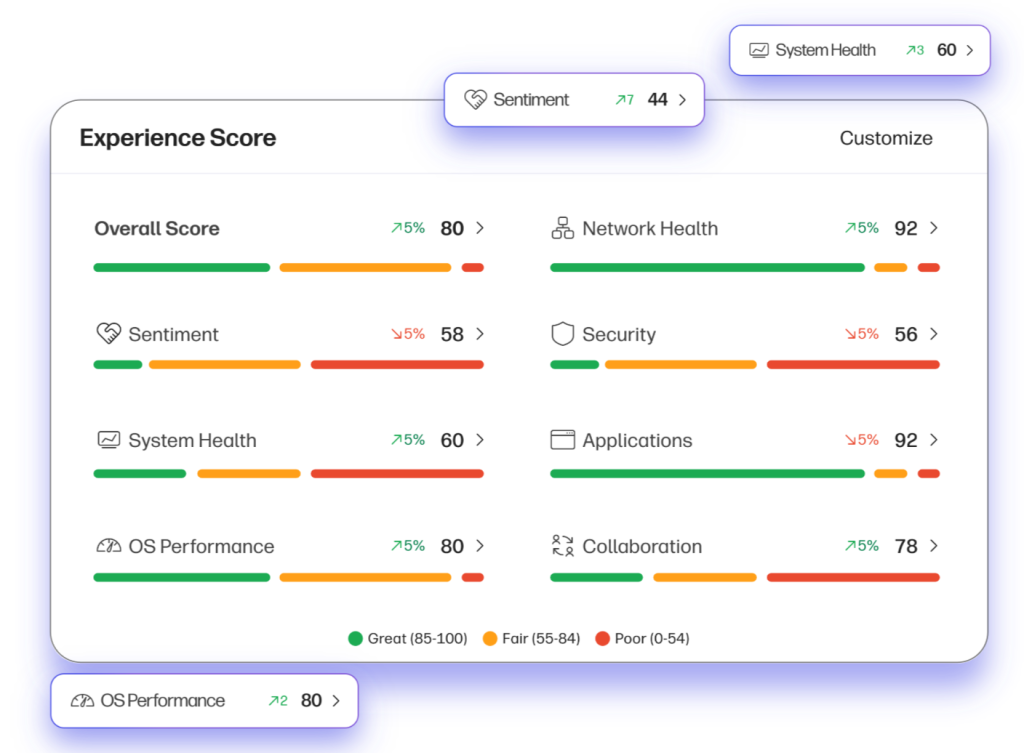
With IT visibility over an organization’s entire digital ecosystem, such a platform makes it easier to monitor and manage each PC, printer, video endpoint, phone, tablet and virtual desktop, so CIOs can keep a pulse on the workforce with real-time insights and predictive analytics.
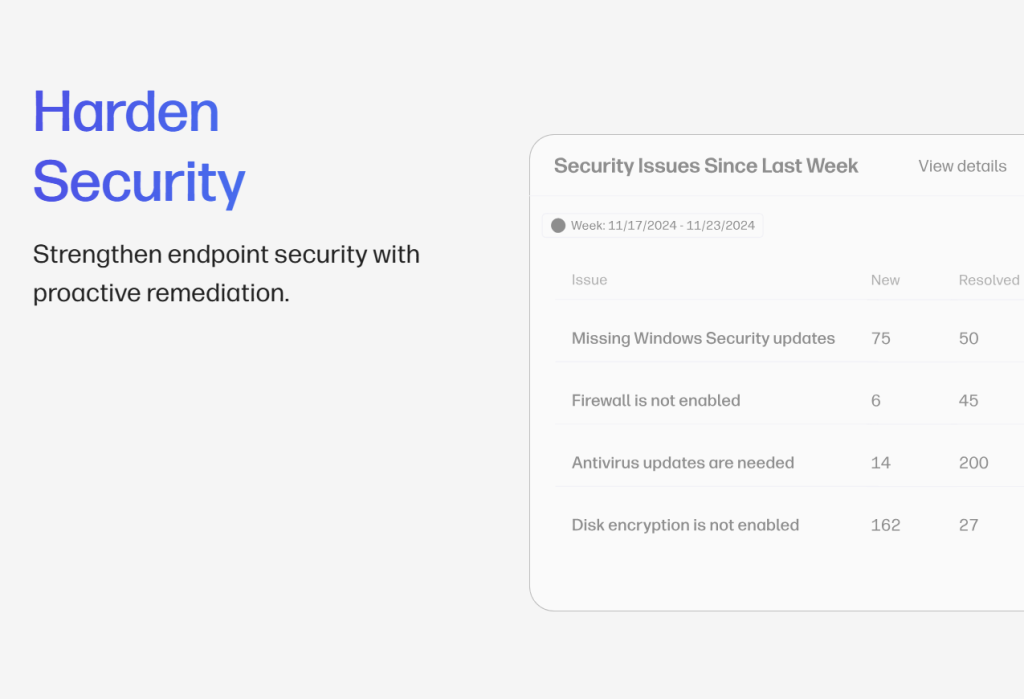
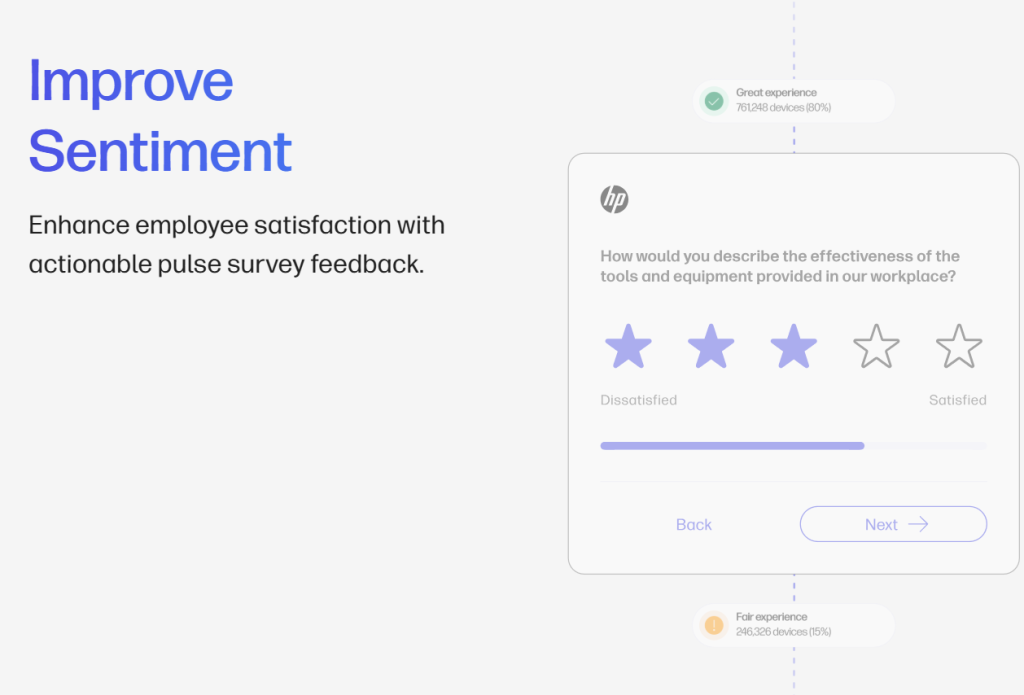
As we enter the AI-powered metaverse of the future, the workplace experience – and work itself – is being redefined. And CIOs need to know how to help drive and manage the future of work.

